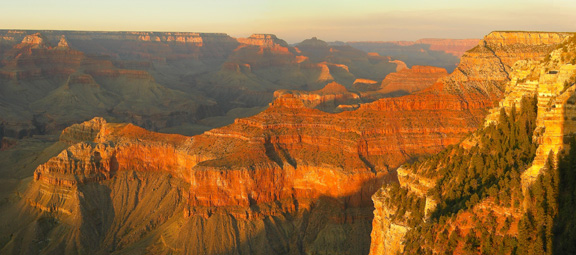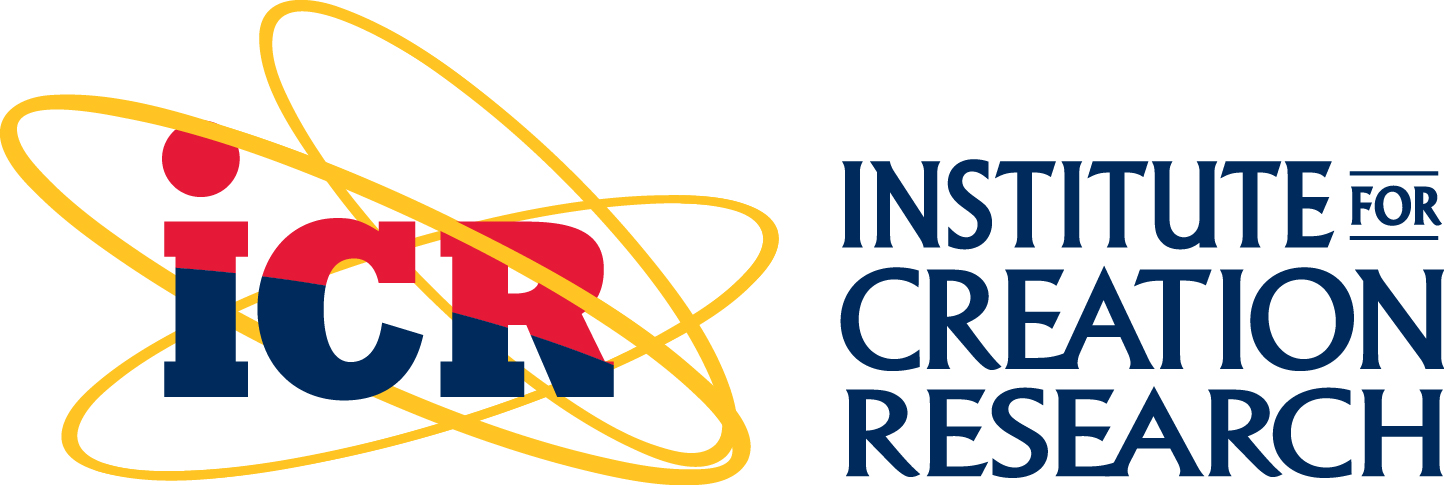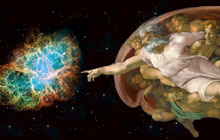Primary assumptions, the bias a scientist always has about truth, history, origins, etc., can greatly affect a debate like this. The controversy over catastrophism and uniformitarianism makes this clear in our current question. Radiometric dating is only reliable if all current geologic and physical processes affecting it are the same now as in the past. The Encyclopedia Britannica has this to say about the controversy:
“Uniformitarianism, in geology, the doctrine that existing processes acting in the same manner and with essentially the same intensity as at present are sufficient to account for all geologic change. Uniformitarianism posits that natural agents now at work on and within the Earth have operated with general uniformity through immensely long periods of time. When William Whewell, a University of Cambridge scholar, introduced the term in 1832, the prevailing view (called catastrophism) was that the Earth had originated through supernatural means and had been affected by a series of catastrophic events such as the biblical Flood. In contrast to the catastrophic view of geology, the principle of uniformity postulates that phenomena displayed in the rocks may be entirely accounted for by geologic processes that continue to operate at the present day—in other words, the present is the key to the past. This principle is fundamental to geologic thinking and underlies the whole development of the science of geology.” (Source)
There are limits of what science can know about the past. We were not there. This debate is ongoing because it is not an argument over data, but over philosophical presuppositions. And it is quite important to the basic questions of human life. What we believe about the past, especially about our origins, determines whether we view this life as having real purpose and meaning, or only a random collusion of chance occurrences. And that makes a lot of difference in how we live. Be a clear thinking student and pursue this debate with others. Don’t hide your assumptions or allow them to hide their assumptions either. Continue this great debate in your own life.







